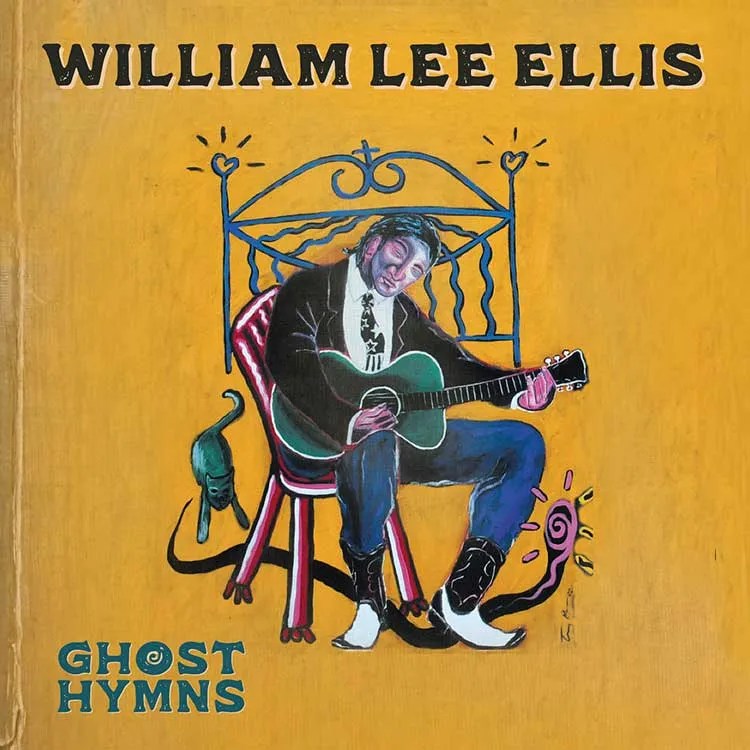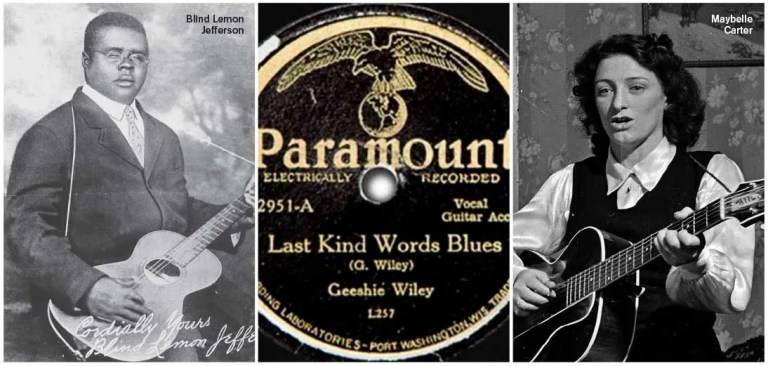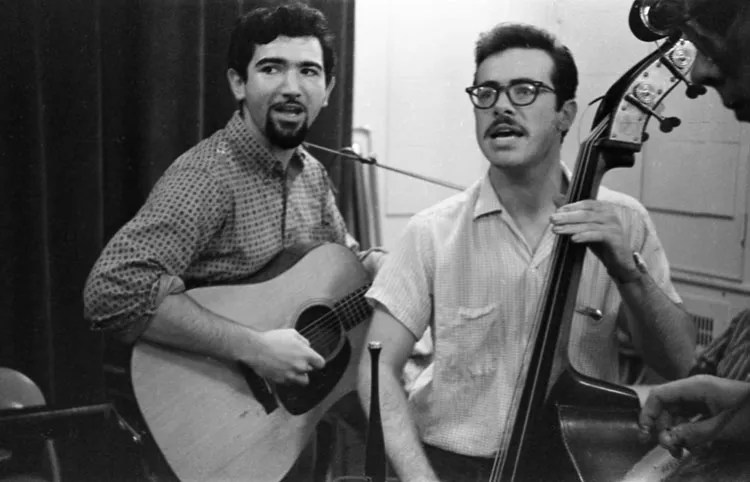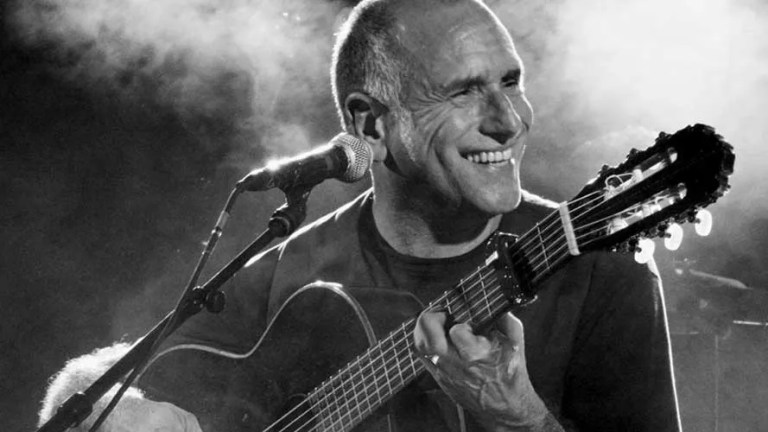Review: William Lee Ellis Keeps Things Raw and Real on the Guitar–Driven ‘Ghost Hymns’
It wasn’t until I was about halfway through my second listen to William Lee Ellis’ latest album, Ghost Hymns, that it dawned on me that I had really liked a previous record of his called Conqueroo way back in the early 2000s. That disc had long since vanished from my collection (it isn’t pretty, but it happens), but thanks to Spotify I easily called it up and was able to experience that album anew.

What made it resonate with me so much back then is the same thing that makes Ghost Hymns feel so alive to me 20 years later: Ellis is a masterful genre-bender who sounds completely at home and thoroughly invested in whatever style he tackles, whether it’s downhome blues or bluegrass or countrified gospel or folk or some amalgam of all sorts of other influences he’s absorbed and channeled into his music. He writes guitar-driven songs that sound like ageless numbers plucked out of the public domain—familiar but somehow still original. Ten of the dozen tracks on Ghost Hymns were written or co-written by him; the other two are a traditional folk song and one written by his father, Tony Ellis, who was a longtime banjo player in Bill Monroe’s Blue Grass Boys (and a successful bandleader post-Monroe—in fact, William played guitar with his dad for a long time).
ADVERTISEMENT
In the years since Conqueroo, Ellis’ voice has gotten a shade deeper and a tiny bit rougher—perfect for the type of material he writes and sings. The album as a whole also has a slightly roughhewn quality to it that matches the vintage vibe of the songs. It was recorded, mostly live, in a number of different spaces during the pandemic, so the sonics from song to song might be a bit different (is that good old analog tape hiss on a couple of tracks?), but that adds to the overall character of the project, which is as raw and real as can be.
The guitar work throughout shows Ellis’ impressive range, and the large selection of instruments, with different tonal colors and played with different techniques (fingerpicked, strummed, slide), gives each song a distinctive feel. His arsenal this time out includes a 1997 Gibson J-60, a 1970 Martin D-18, a mid-1920s Gibson L-0, a 1977 Bruce Taylor jumbo 12-string, a 1936 National Duolian, a 1942 Gibson J-45, and a circa 1973–’74 Guild F-112 12-string. Worth noting, too, is a wonderfully funky-sounding 1870s fretless banjo that kicks off the album.
Ellis is very ably assisted on most tracks by other instrumentalists and singers organically integrated into the whole: all sorts of interesting percussion, bass, fiddle, piano on one song, a string quartet on another. There’s a casual, almost ramshackle air to the proceedings, as if it’s a gathering of friends more than an actual band, but that only adds to spirit and emotional authenticity coursing through every song.






I just heard him on Mountain Stage and realized I forgot all about him.Great to hear the new album.